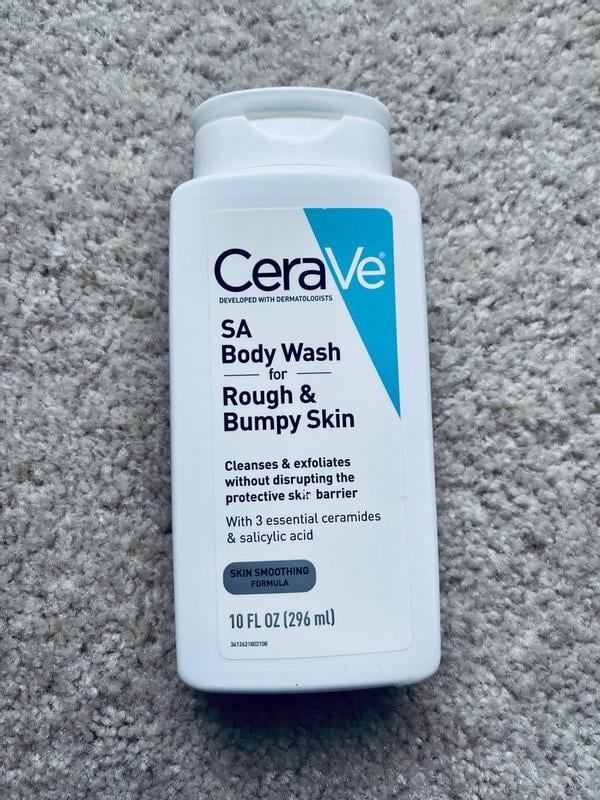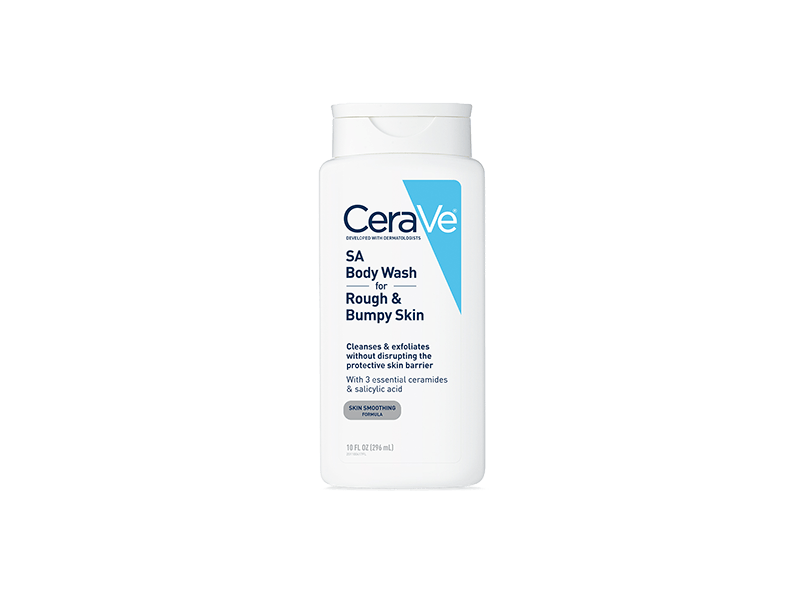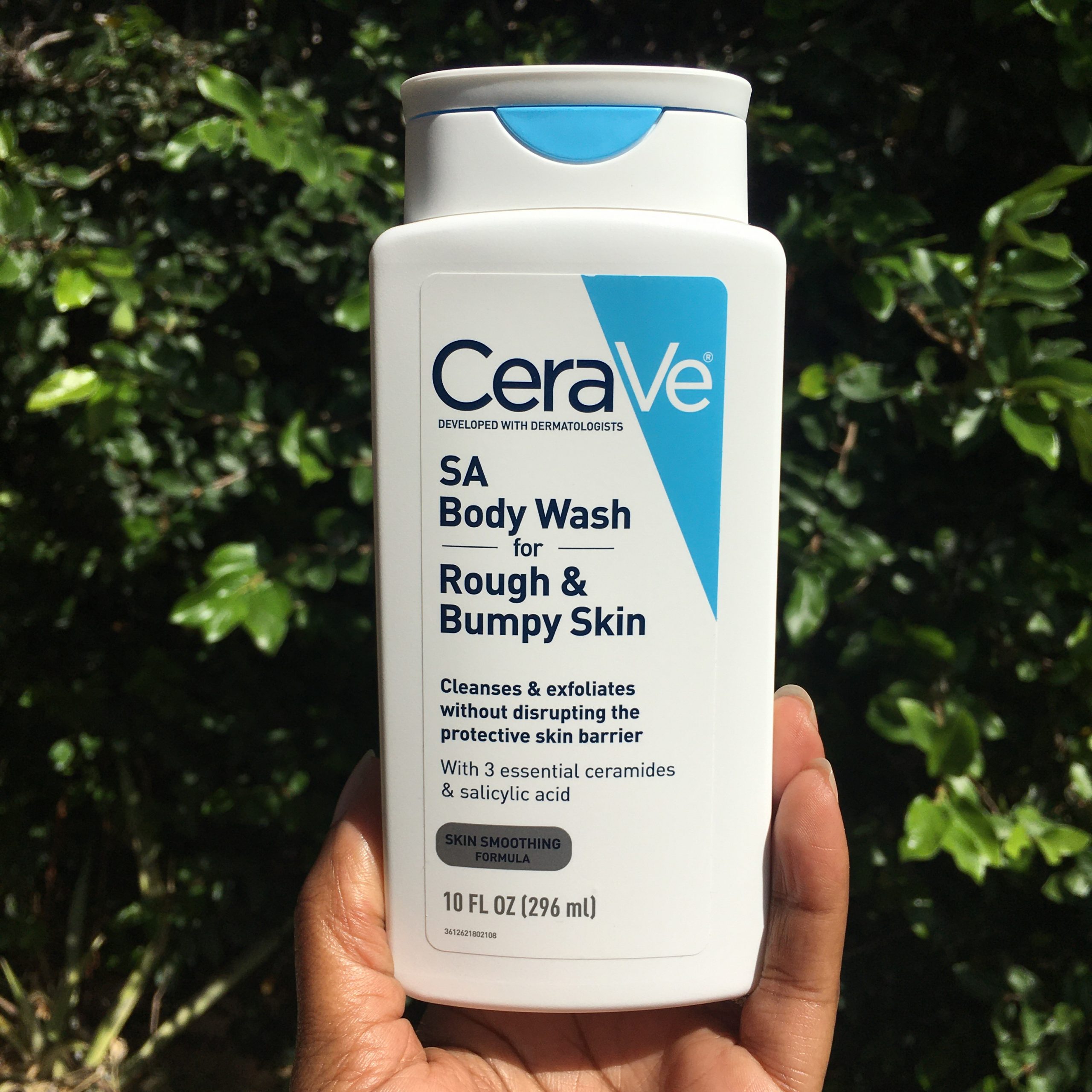There are basic nutrition facts that are generally considered safe for all and sundry. These are medically approved nutrition awareness geared towards enhancing the overall well-being of the human system.

Nutrition knowledge can be discribe as awareness of nutrients and their relevance to health and well-being, capacity to find reliable information about food and/or how foods fit into a balance diet.
A good nutrition strategies should begin with mindful and balanced meal choices and portion control. This will ensure you don’t overindulge in unhealthy snacks or sugary drinks while enjoying your meals and feeling satisfied afterward.
Do your best to devote in whole foods for the most beneficial options; adding fruits and vegetables is a great way to add taste and nutrition.
Life is filled with choice. There are many varities of foods that satisfy the body’s requirements but no diet or nutritional plan works for everyone- the secret is finding the foods available to you that have the best micro and macronutrients to keep you healthy.
In this article, we will explore the bacic facts about nutrition that you need to know.
Basics Nutrition Facts

Here are to top nutrition facts you should adhere to:
1. Refined Suger
Improve the taste of processed foods, manufacturers often add sugar to them. This type of sugar is known as refined sugar.
Common types of refined sugar include table sugar (sucrose) and syrups, such as high-fructose corn syrup.
Everyone knows that eating too much refined sugar is unhealthy.
While some think sugar is a simple matter of “empty” calories, others believe it increases the risk of diseases that kill millions of people.
2. No Perfect Nutrition for Everyone
People are all unique. Subtle differences in genetics, body type, physical activity and environment can affect which type of diet you should follow.
Some people do best on a low-carb diet, while others are better off on a vegetarian high-carb diet.
The fact is, what works for one person may not work for the next.
To figure out what you should do, a little experimentation may be needed.
Try a few different things until you find something that you enjoy and think you can stick to.
3. Eating Vegetables Will Improve Your Health
They are rich in vitamins, minerals, fiber, antioxidants and an endless variety of trace nutrients that science has just begun to uncover.
4. It Is Critical to Avoid a Vitamin D Deficiency
If getting more sun is not an option, taking a vitamin D supplement or a tablespoon of cod liver oil each day is the best way to prevent or reverse a deficiency.
5. Supplements Can Never Fully Replace Real Foods
Nutritionism is the idea that foods are nothing more than the sum of their individual nutrients.
The vitamins and minerals, the ones you can also get from a cheap multivitamin, are just a small part of the total amount of nutrients in foods.
6. Diets Don’t Work — a Lifestyle Change is Necessary
Diets are ineffective. That is a fact.
They may provide short-term results, but as soon as the diet ends and you start eating junk food again, you will gain the weight back. And then some.
7. Juice is Filled with Sugar

Many types of fruit juice contain highly concentrated added sugar, which is hard for the body to process. One-hundred percent.
Organic pesticides are linked to health problems like cancer and endocrine disruption. India has organic certification as well as PGS system to identify farmers who grow organic nutritious foods.
8. Major Food Groups
Food groups like whole grains, legumes, nuts and seeds are all nutrient-dense foods.
These should be included in your diet for optimal health.
Bottom Line
Understaning basic nutrion fact is the key to providing your body with essential nutrients and reducing the risk of chronic diseases.
By understanding calories, the diet’s essential components, and making wise food choices, you can take control of your health.






